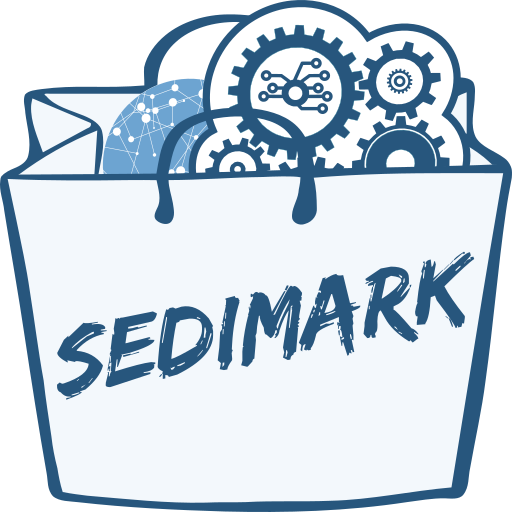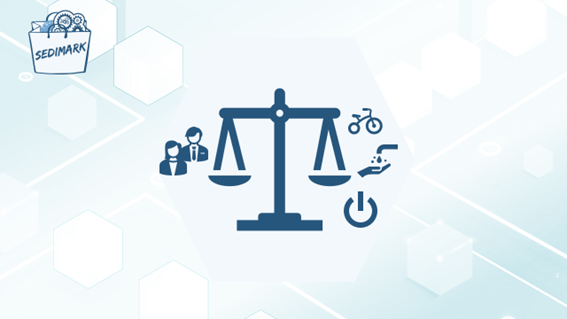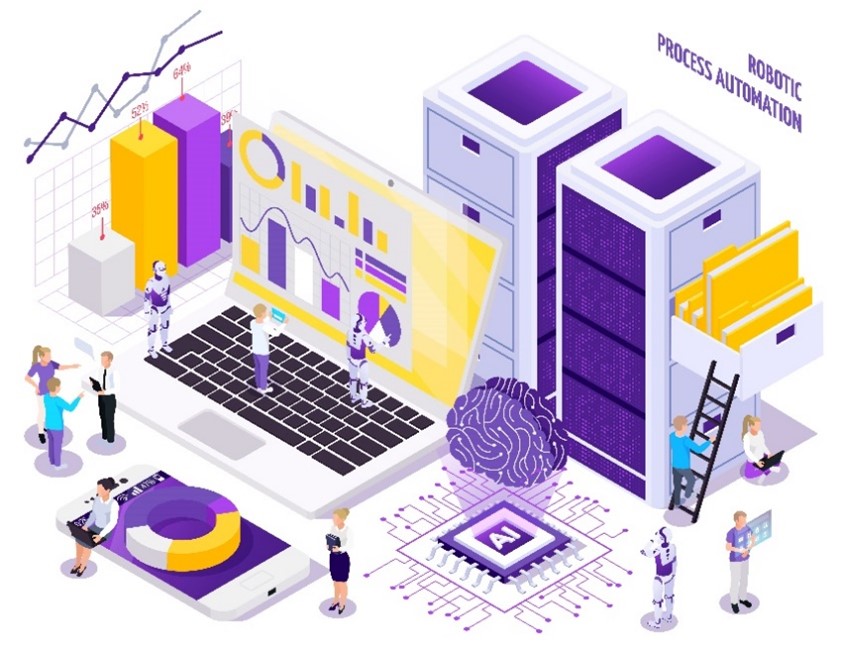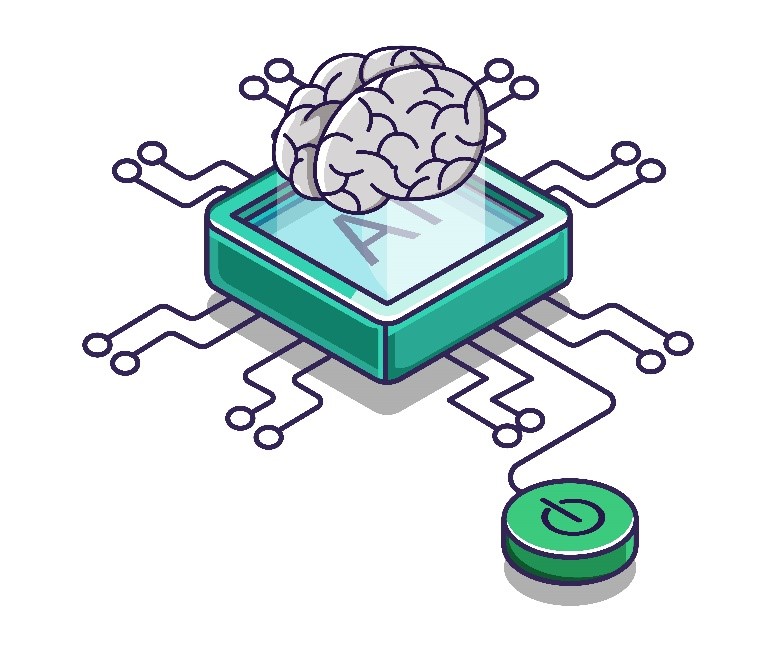As inferred by the project acronym itself, SEDIMARK is a data-driven project, joining the global trend where individuals and companies produce tons of data on a daily basis.
The initial impulse in any initiative of this type involves focusing on the purely operational and organizational aspect. However, if we stop to think about the treatment carried out on these generated and collected data, the imperative need to dedicate space to the ethical section of its manipulation falls under its own weight.
Hence, the European Commission recommends for this kind of project to check periodically potential ethical issues. First, to make sure that the project does not use personal data (or if it happens to use that this is in compliance with GDPR and other relevant requirements) and second because this specific project will use AI-based solutions and thus it is important to make sure that they are in line with the standards in this area.
What does an Ethics Board do?
Attention to these ethical issues should not fall exclusively on the members of the consortium, who are ultimately interested parties in the process. That is why it is advisable to have opinions from voices external to the project, with proven experience in the project's work areas, capable of evaluating with a critical and well-trained eye the work carried out by SEDIMARK to preserve an ethical approach. These people make up the so called ethics board.
In the context of SEDIMARK, such Ethics Board will proactively support the development of the project, act as a knowledge and guidance forum, and provide advice to the consortium on how to exploit knowledge created by the project.
Hence, SEDIMARK partners will invite the Ethics Board members on a regular basis to discuss about ethical aspects taking into account the project evolution, keeping them well informed of all relevant publications and/or events SEDIMARK-related.
Specific goals for SEDIMARK’s Ethics Board
The purpose of every Ethics Board Member participation is to contribute to a series of objectives through the provision of assessment to the project consortium on topics such as:
- Help validate and provide feedback to the technical designs of SEDIMARK.
- Assist the consortium in the elaboration of ethical-based reports, with a strong emphasis on personal data, AI and ethical incentivization of data sharing.
- Active participation in project conferences, workshops and meetings that require of their participation.
- Participate in discussions on open topics of your interest and for SEDIMARK:
- seek alignment and convergence with other initiatives,
- the adoption of standards in the sector and the reuse of previous work,
- help maximise the benefits for a wide spectrum of stakeholders.
For all of the above, Ethics Board members will act as advisors in order to follow ethical issues, based on the report that the consortium will prepare on a yearly basis. Such report specifically focuses on explaining data protection issues (if any) and compliance with AI ethical standards. Its initial iteration was already issued during the first year of the project execution and will be a subject for updates along the way.
#Ethics #AI #DataSharing
Machine Learning introduction
Machine Learning (ML) is a modern and efficient branch of AI (Artificial Intelligence), specialised in pattern recognition within data streams. It can provide precise analysis based on statistics to detect insights from a large data set, using the same principle as human neural networks in our brain. Every system equipped with ML must learn and discover patterns from historical data and compare its predictions with real data, before providing reliable information. That is why AI systems are trained with as much data as possible.
ML algorithms are more efficient than traditional modelling methods and can surpass human intelligence through its powerful computational efficiency. For instance, image recognition and time series analysis are well-known and widespread domains of application of ML for real world cases, such as the EU-funded SEDIMARK project. SEDIMARK aims at building a secure, trusted and intelligent decentralised data and services marketplace over several years, using ML in order to automate data quality management. Over time, the project results will provide ever-increasing accuracy and precision with its growing data sources.
ML could be directly used on edge systems to ensure data quality. Some algorithms are specialised for this purpose, with low power consumption and modest memory size. For instance, EdgeML and TinyML are open-source libraries that provide this kind of outcome.
ML embarked on edge systems
The IoT platform from EGM (i.e. the EdgeSpot) is compatible with both libraries and could manage and distribute FAIR data in an energy efficient way. The ONNX (Open Neural Network Exchange), an open format representing ML models, may be a solution to select the right combinations of tools. And finally, with the help of the use cases provided within SEDIMARK, the project might elaborate a concrete strategy to automate and manage data quality.
SEDIMARK plans to build a distributed registry of resources stored on edge systems, close to where data is generated. The purpose is to clean, label, validate and anonymise data.




